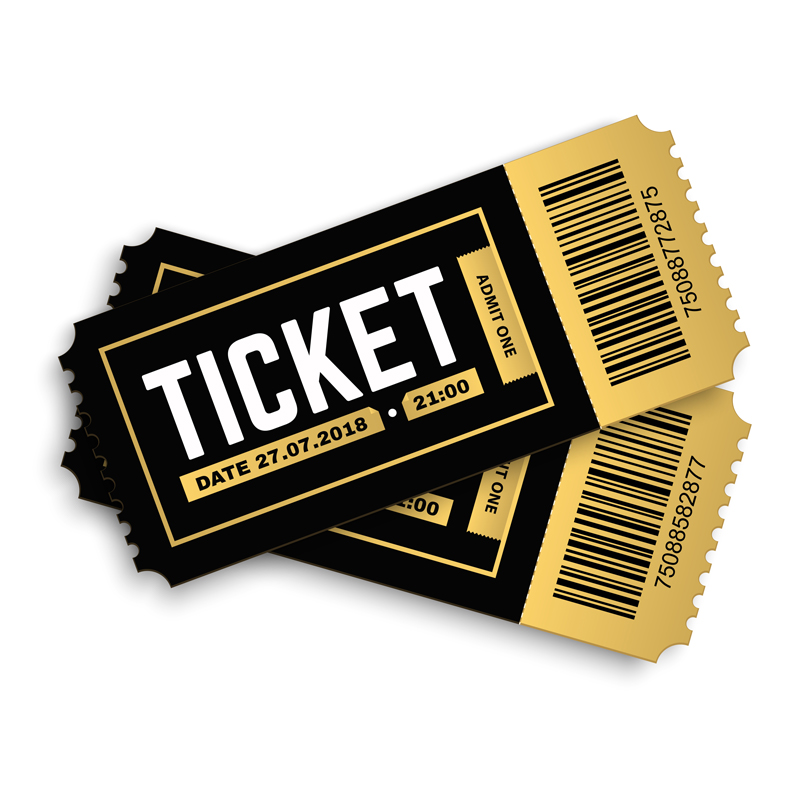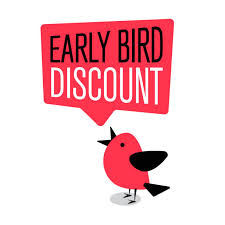
As an event organizer, one of the most important decisions you’ll make is choosing the right types of tickets to offer for your event. The ticketing options you provide not only impact your revenue but also shape the attendee experience. Whether you’re hosting a concert, festival, sports game, or conference, the ticket structure should cater to different audience needs while maximizing attendance and sales.
In this guide, we’ll walk you through the various types of tickets you should consider offering, along with tips on how to choose the best options for your specific event.
1. Understand the Different Types of Tickets You Can Offer
Before you finalize your ticketing strategy, it’s crucial to understand the different types of tickets that are typically available for events. Each ticket option can attract a different audience segment and provide unique benefits. Here’s a breakdown of the most common ticket types:
- General Admission (GA): These are the most basic and affordable ticket options, offering entry to the event without reserved seating or additional perks. General admission is perfect for casual attendees who prioritize affordability over luxury. GA tickets are a great choice for large-scale events like concerts or festivals.
- VIP Tickets: VIP tickets offer premium experiences, such as exclusive seating, early access, VIP-only areas, free drinks, and meet-and-greet opportunities. These tickets are perfect for high-demand events where you want to cater to attendees looking for an enhanced, more personalized experience. Pricing for VIP tickets should reflect the exclusive perks you’re offering.
- Reserved Seating: For events that require specific seating (like theater performances, sports games, or high-profile conferences), reserved seating ensures that attendees have assigned spots. This is ideal for smaller, more formal events where attendees expect to have guaranteed seats and don’t want to leave things to chance.
- Early Bird Tickets: Early bird tickets are a fantastic way to incentivize early purchases and generate buzz for your event. By offering discounted tickets for a limited time before the event, you can boost sales and secure attendees early. These are particularly useful for events that require significant planning or coordination.
- Group Tickets: If your event is likely to attract large groups (such as corporate outings, family gatherings, or school trips), offering group tickets at a discount can be an attractive option. Group sales can drive bulk ticket purchases and increase overall attendance.
- Accessibility Tickets: Ensuring your event is accessible to all attendees is crucial. Make sure to offer tickets for individuals with disabilities, including reserved seating in accessible areas and any necessary accommodations like wheelchair assistance or sign language interpreters.
2. Consider Your Event’s Audience and Their Needs
One of the key factors to consider when choosing ticket types is the demographics and preferences of your target audience. Understanding what your attendees value most will guide your decision on the type of tickets to offer.
- Budget Considerations: Are your attendees likely to be budget-conscious? General admission and early bird tickets may appeal to those seeking affordability. However, if your audience is willing to pay for extra comfort or exclusivity, VIP and reserved seating tickets could be more appropriate.
- Event Type: The nature of your event should influence your ticketing decisions. A music festival or outdoor event may be more suited to general admission or VIP tickets, while a formal conference or theater production might require reserved seating and tiered pricing.
- Exclusive Experiences: Does your event offer any exclusive experiences, like backstage access, private meet-and-greets, or special accommodations? VIP tickets can help create a premium offering that appeals to those seeking a more luxurious experience.
3. Factor in Venue Size and Layout
The size and layout of your venue will also play a major role in your ticketing decisions. Consider these factors when determining how many tickets to sell for each type:
- Capacity: How many attendees can your venue accommodate? Be mindful of your venue’s capacity when offering different ticket types, as over-selling or misjudging demand can lead to overcrowding or a poor attendee experience.
- Seating Arrangement: For events like concerts or theater performances where seating is important, consider offering reserved seating or section-based tickets. This ensures that guests can select seats in their preferred locations and helps you avoid confusion at the event.
- Flow of the Event: Think about how attendees will move through the venue. If there are areas you want to keep less crowded (like VIP zones or backstage areas), ensure that VIP and premium tickets are clearly delineated. This can help prevent bottlenecks and enhance the overall event experience.
4. Use Dynamic Pricing to Maximize Revenue
Dynamic pricing can be an effective way to optimize your ticket sales strategy. By adjusting ticket prices based on demand and timing, you can maximize your revenue while offering attendees an affordable ticket option. Here’s how to incorporate dynamic pricing into your strategy:
- Tiered Pricing: Offer a range of ticket prices at different stages of the sales cycle. For example, early bird tickets can be offered at a discounted rate, while prices increase as the event date approaches.
- Last-Minute Sales: For events that still have available seats closer to the date, consider offering discounted last-minute tickets to boost attendance. This is particularly effective for events where the demand has slowed down leading up to the date.
5. Plan for Special Needs and Accessibility
An often-overlooked aspect of ticketing is accessibility. Ensure that your event is inclusive by offering tickets that cater to attendees with disabilities or special needs. These could include:
- Wheelchair Accessible Seating: Make sure that there are designated areas for wheelchair-bound attendees and that these areas are clearly identified when ticketing options are displayed.
- Support for Service Animals: If your event allows service animals, make it clear in your ticketing system and event descriptions that these accommodations are available.
6. Promote Ticket Sales with Early Offers and Discounts
To build excitement for your event and encourage early purchases, consider offering special promotions. Here are some ideas to promote ticket sales:
- Early Bird Discounts: Early bird pricing is a great way to incentivize early ticket buyers. Not only does this help secure initial sales, but it also helps you gauge early interest in your event.
- Limited-Time Offers: Offering special promotions, such as discounts for the first 100 buyers or flash sales, can create a sense of urgency and encourage potential attendees to purchase tickets sooner rather than later.
- Group Discounts: Encourage bulk ticket purchases by offering discounts for large groups. This works particularly well for corporate events, school groups, or families.

7. Consider Ticketing Platforms and Technology
Finally, choose the right ticketing platform for your event. The right software can streamline the entire ticketing process, from sales to entry. Look for features like:
- Mobile Tickets: Mobile ticketing is increasingly popular, offering a seamless entry experience for attendees while reducing the risk of lost tickets.
- Customizable Ticket Options: Choose a platform that allows for easy customization of ticket types, pricing tiers, and add-ons.
- Event Check-In Tools: Many platforms offer easy-to-use check-in tools that can help you track ticket sales and monitor attendee entry in real-time.
Conclusion: Optimize Your Ticket Strategy for Success
Choosing the right ticket types for your event is crucial to both your revenue and the overall attendee experience. By considering your audience, event type, venue, and pricing strategy, you can offer a range of ticket options that cater to different preferences and maximize your event’s success. From general admission to VIP passes, the right mix of ticket types will ensure you meet the needs of your guests while boosting your event’s profitability.
Start planning your ticketing strategy today, and get ready to host a memorable event!
As always if you are looking for a great event to attend you can purchase tickets HERE.
Other Articles








